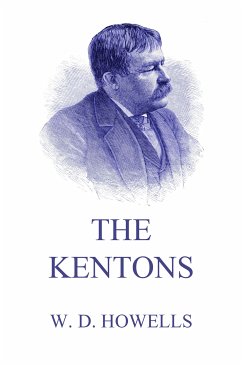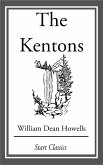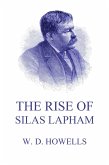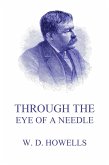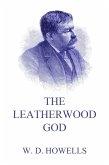W. D. Howells is quite in his best vein in 'The Kentons.' Like all of his work, this possesses that quality which we expect in a classic, but rarely look for and more rarely find in contemporary fiction, of repaying the closest and most minute reading, and it is this fact which seems most surely to guarantee a long life to his books. It is of no use to gallop through Mr. Howells; the habitual gallopers invariably find him dull and wonder what his admirers see in him. The proper way to enjoy him is to have or get a sense of humor, and then to settle down in the most leisurely of moods to chuckle over the delicate irony, the sly little digs, the genial humor of his pages. Possibly the taste for W. D. Howells, like the taste for Henry James, is natural rather than acquired, but it is to be said that in both cases it grows rapidly with indulgence. There is much in getting the peculiar point of view from which Mr. Howells looks out upon the world. It is a delightful chance that has brought us the family history of the Kentons, who will be remembered as figuring in the back ground of 'Their Silver Wedding Journey' -especially the fine-looking, depressed Grand Army man on the steamer, who seemed to desire nothing so much as to get back to his square brick house at Tuskingum. It may be confidently said that no more typically American family has been created in fiction than these Kentons, as they are drawn for us in these later pages. Of course, there is room for discussion as to what the typical American is-whether the New Englander, or the Southerner, or the Westerner, or the new and alien hyphenated elements which our younger writers are celebrating as the real thing. Yet a strong case may be made out for the American of the type represented in fiction most fully by Mr. Howells, and the younger Henry James, on the score that it represents more of those ideals and characteristics which have been regarded as peculiarly American than any other type. The plot of the story is slight, but in the end the reader knows the Kentons more thoroughly and more intimately than almost any real family except his own. Altogether, the novel has the charm of what is typical.
Dieser Download kann aus rechtlichen Gründen nur mit Rechnungsadresse in A, B, BG, CY, CZ, D, DK, EW, E, FIN, F, GR, H, IRL, I, LT, L, LR, M, NL, PL, P, R, S, SLO, SK ausgeliefert werden.

